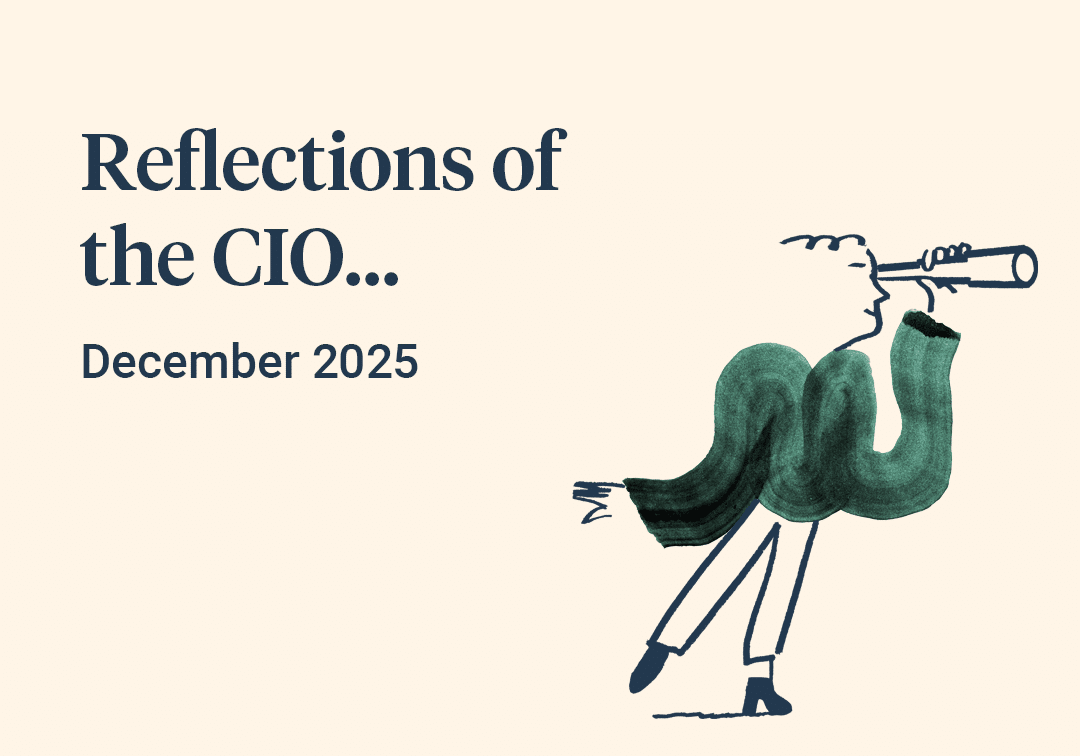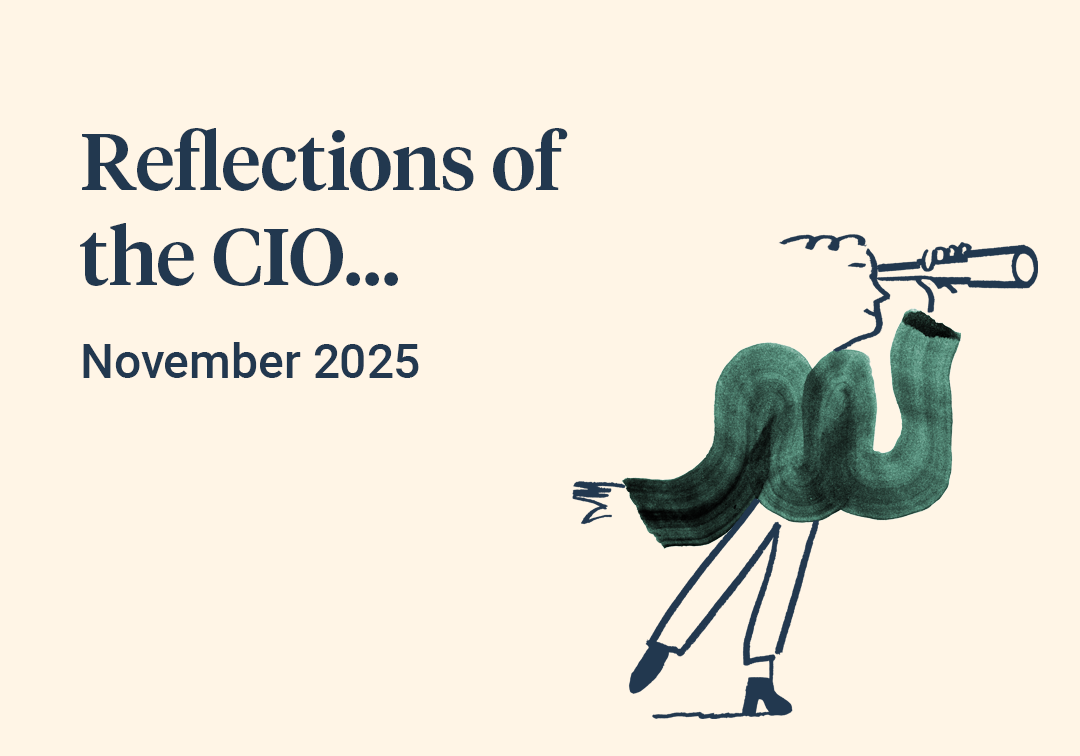September was an ugly month in world markets, continuing the weak trend which took hold in August. The familiar culprits of high inflation and aggressive central banks were behind falls of -9% in global equities and -3.5% in global bonds, with some regions and sectors faring even worse. The early summer hopes of many investors that inflation and interest rates would soon be peaking were soon dashed by a strong US August CPI release. This prompted a +75bp interest rate increase from the Federal Reserve and a strong message that they would keep on going until there was clear evidence that inflation was falling back to target. The Fed was not alone in its actions, which were echoed by the Central Banks of Canada, England, Australia and Europe over the course of the month.
As bond markets fell in response to these and expected future interest rate increases, a 40-year downtrend in bond yields (or market interest rates) was comprehensively broken, ushering in a new era of higher rates and higher inflation. It is now very clear to investors that developed market central banks will keep on tightening policy until inflation is conquered, even if that means inducing recession. As the risks of that happening climb higher and higher, stock markets in turn fall as they move to price in the likely damage to profits.
Into this febrile global environment, the UK government decided to launch a ‘mini’ budget for growth, an action that had the most extraordinary impact in a very short space of time. Unimpressed by policies that lacked funding, a strategic framework, or coordination with the Bank of England, the pound and UK government bonds (or gilts) fell quickly and dramatically. The market response was so adverse that the Bank of England had to provide emergency support to the gilt market to prevent insolvency in some pension funds who were struggling to find enough cash to support their investment strategies.
Although international bond markets, including ours, were already very twitchy ahead of the Chancellor’s statement, this was clearly an ‘own goal’ by the UK government, which has ended up damaging confidence in the country as a whole. Leaving aside the downgrades to gilts from rating agencies or the chiding from international agencies like the IMF, the pithiest summary of the market reaction came from Paul Krugman, a Nobel Prize winning Economist, who described UK assets as now carrying a ‘moron’ risk premium.
For all the financial market volatility in September, there was also a chilling reminder of the malevolent influence of war in Ukraine. Ongoing nuclear weapon rhetoric continued from Russia and the sabotage of the Nordsteam gas pipelines sent a clear signal that European infrastructure assets are also at risk of targeting if the conflict escalates.
The pace of market adjustment to the economic and geopolitical reality is dizzying. Sentiment is very weak, and expectations are very low. The near term outlook is broadly for more of the same, with the passage of time needed to deliver evidence of a clear downtrend in inflation. As best your investment committee can tell, we are probably now passing through the worst of the adjustment period, with key US inflation trends expected to begin falling steadily by the end of the year and into early 2023.



